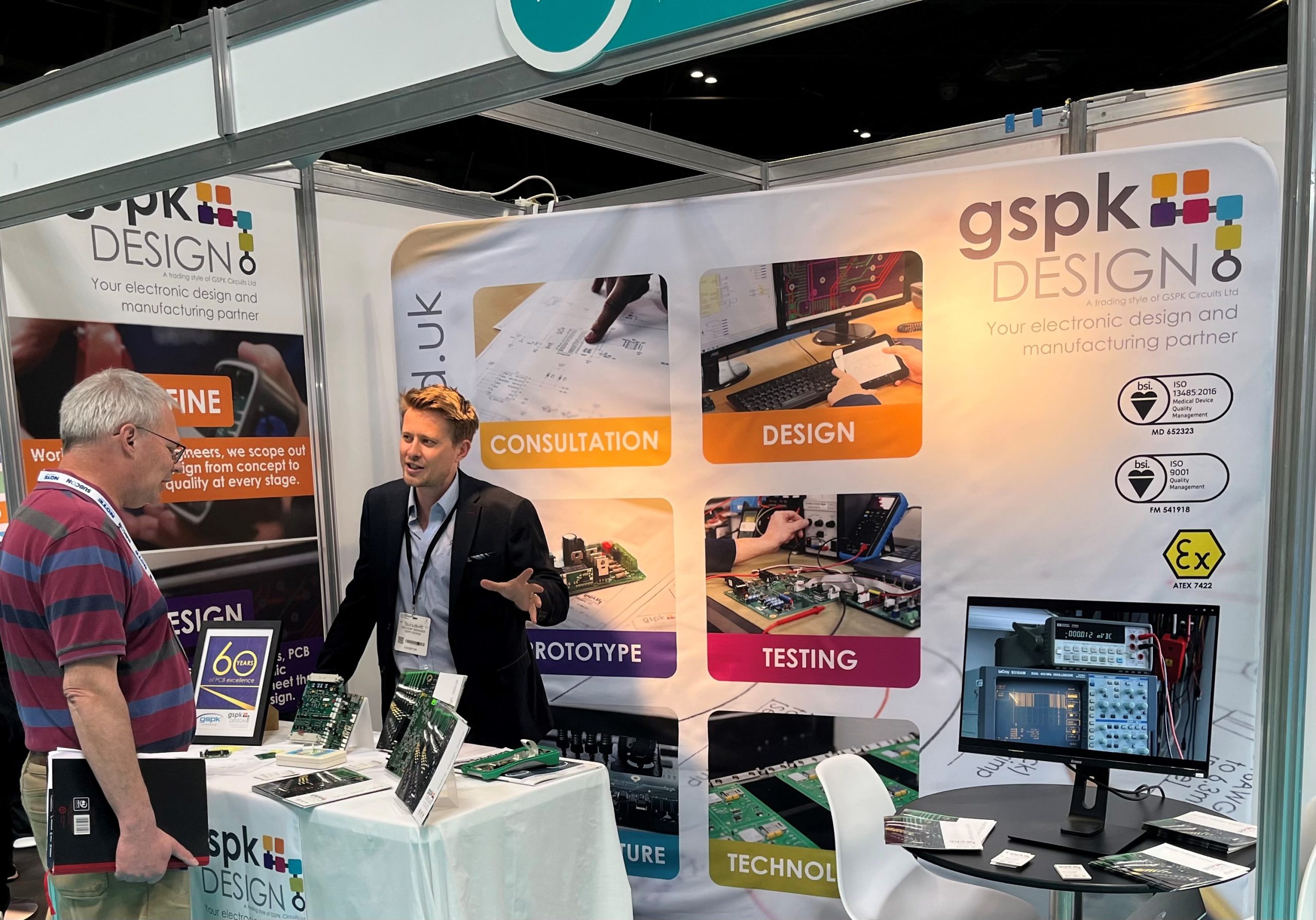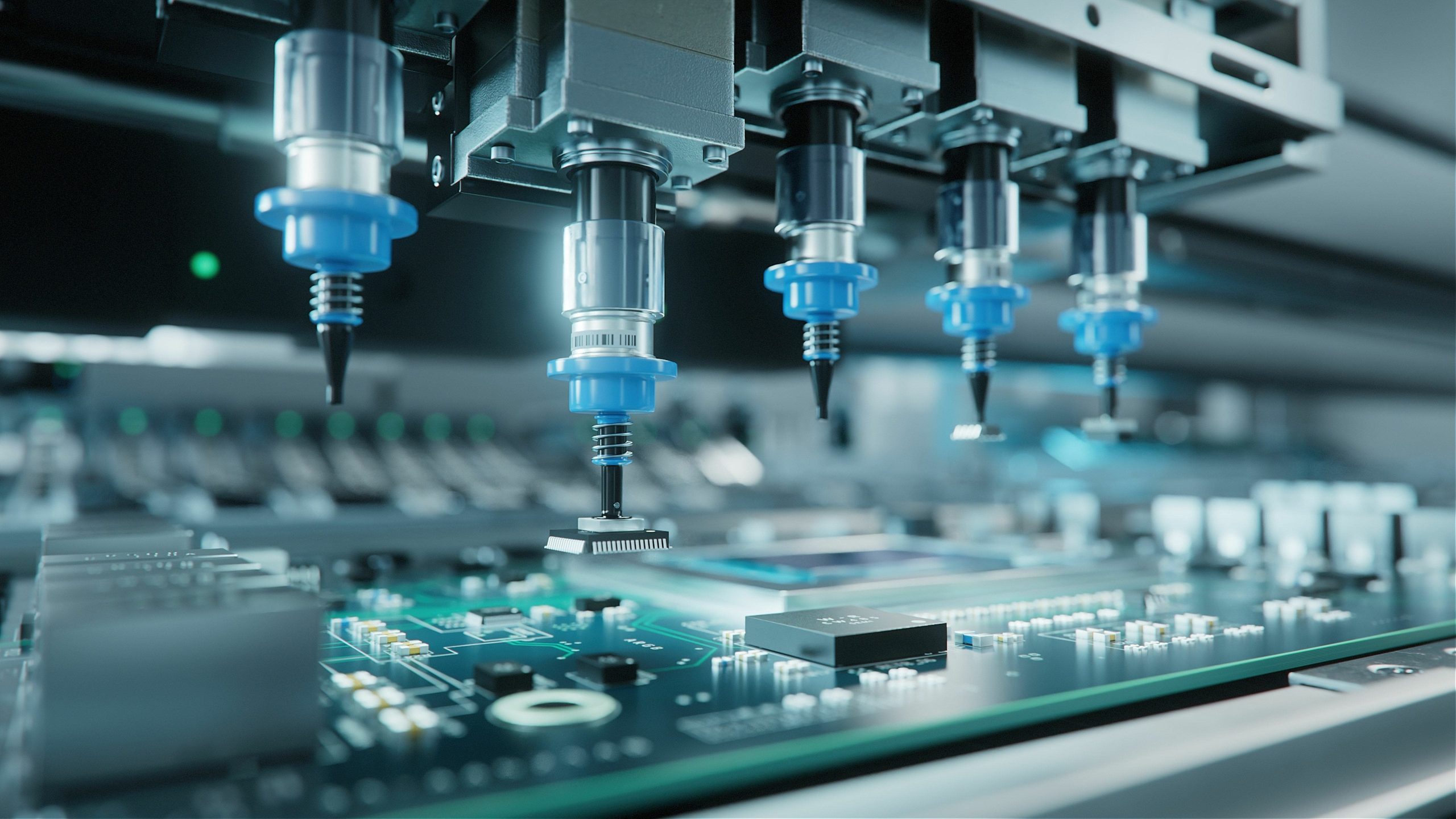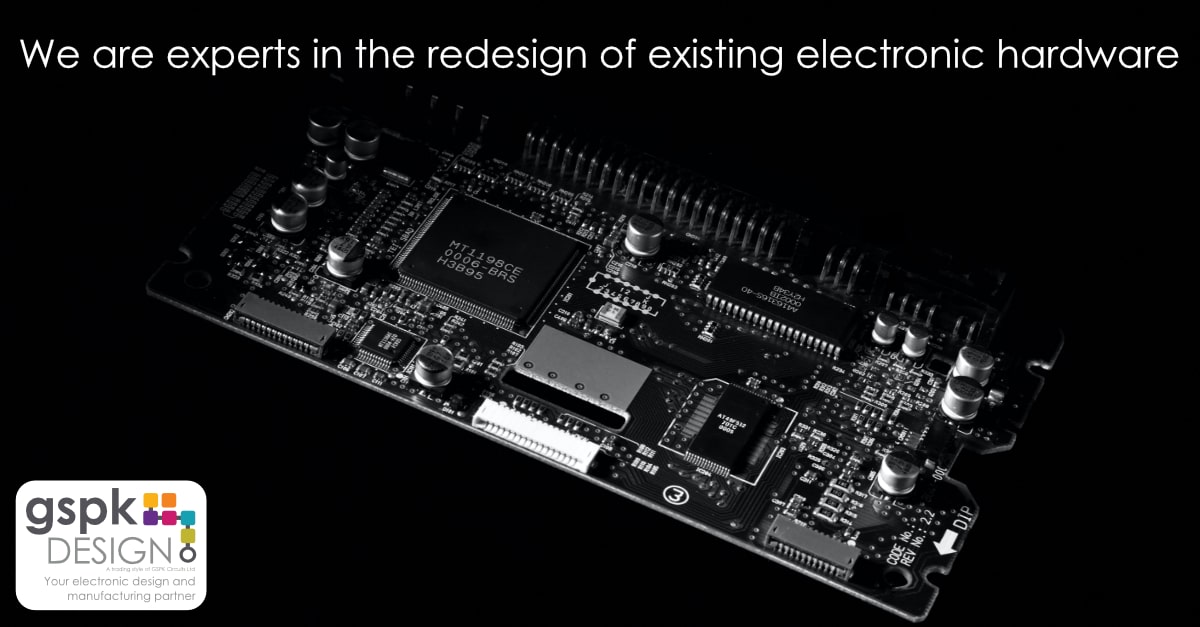Those of us who own a brain training game may be disappointed to hear that new research casts doubt on their overall effectiveness. We will have to wait and see whether they really help our brains improve, or just our game score.
However, interesting research (mentioned in the October issue of New Scientist), considers the role and interaction of our senses in learning and development.
For example, learning to play a musical instrument not only has positive effects upon our musical skills, but can also improve speech, language, memory, attention and IQ. Learning at a younger age can also significantly alter the structure of your brain.
For example, the New Scientist (Oct issue) points to research by the Journal of Neuroscience (vol 29,p3019) into students playing the piano for 15 months. These children had more highly developed auditory and motor areas than their non-music trained counterparts.
Music aside, light can also have effects upon cognition. Again, research highlighted in New Scientist suggests that exposing people to light can improve many cognitive tasks.
In studies, volunteers have exhibited improvements in visual searches, mathematics, logical reasoning and reaction times. Different coloured lights can also have positive effects.
The combination of light, sound and touch is an interesting area for Apollo Creative. For over two years, Apollo has been refining and developing our Ensemble equipment. Ensemble delivers a multi-sensory experience for use in sensory rooms, interactive play areas and to help children of all abilities make music.
Using technology developed with GSPK Design, Ensemble is currently being used as far afield as Reading, Glasgow, Leeds, Nottingham, Plymouth and Norway.





